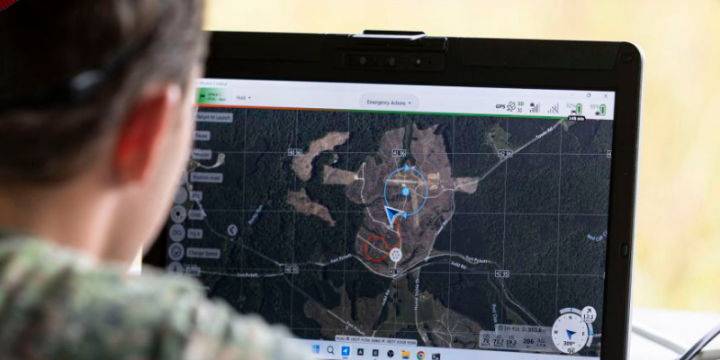The Quantum Forward Challenges is built around innovation with a strong focus on mission-driven and tight collaboration between researchers, industry and end-users. Quantum Delta NL aims to accelerate the translation of quantum technologies into real-world impact.
This first challenge in Life Sciences & Health marks the beginning of a broader ambition to apply this challenge-based model across multiple sectors and to build a national platform for quantum innovation, where public and private actors co-develop solutions that are both scientifically ambitious and societally relevant.
The Quantum Forward Challenge in Life Sciences & Health is designed to bring together quantum researchers, clinicians, technologists, and industry partners to co-create and work together on real challenges. Whether it’s quantum computing for drug discovery, quantum sensing for diagnostics, or secure quantum communication for medical data, the goal is to move beyond theory and into application.
Life Sciences & Health - Quantum Forward Challenge 2025
This first challenge will support disruptive, use-case-driven projects that target real-world conditions in Life Sciences & Health. Proposals should clearly articulate a potential quantum advantage and outline a path with concrete milestones toward practical validation.
Quantum Delta NL has designed a programme to encourage bold, disruptive feasibility projects. These high risk-high gain R&D projects require high investments and solid preparation. The approach ensures both early risk-taking and structured follow-through, enabling breakthroughs to move from concept to application.
Proposals within this challenge must focus on building a solid foundation for groundbreaking R&D within this Feasibility study, and must clearly articulate the targeted bottlenecks and the pathway to R&D and validation.
Projects may address challenges such as (but not limited to):
- Drug discovery bottlenecks: Simulating complex molecules (e.g., transition-metal-containing compounds) that are intractable for classical methods, or optimizing reaction pathways in drug synthesis using quantum algorithms.
- Biomarker detection and sensing: Using quantum technology to identify early-stage biomarkers (e.g., neurodegenerative diseases; cancer) with sensitivity beyond classical spectroscopic tools.
- Clinical decision support or scheduling optimization: Applying quantum optimization or hybrid methods to reduce treatment planning time, match patients to trials, or optimize surgical throughput in hospitals.
- Medical data trust and security: Using quantum-safe encryption or secure multi-party computation to enable new cyber security measures or meet GDPR-compliant sharing of sensitive patient data across institutions.
- Personalized digital therapeutics: Quantum-enhanced modelling of biological feedback loops for adaptive drug dosing or home-based monitoring systems.
Call for proposals: Feasibility Study in Life Science and Health
Publication date: 13 October 2025
Deadline for submission: 24 November 2025
Budget: €2 Million





